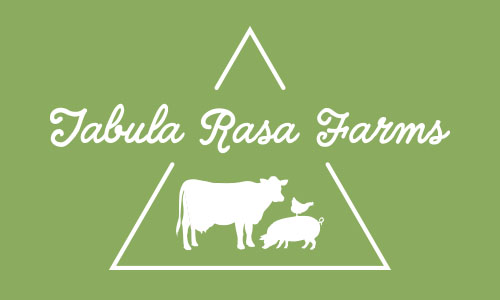
Our shared house
I love walking the farm. The fields, the barns, the forest areas, the ponds are all teeming with species co-existing – for the most part peacefully but also just a little wild.
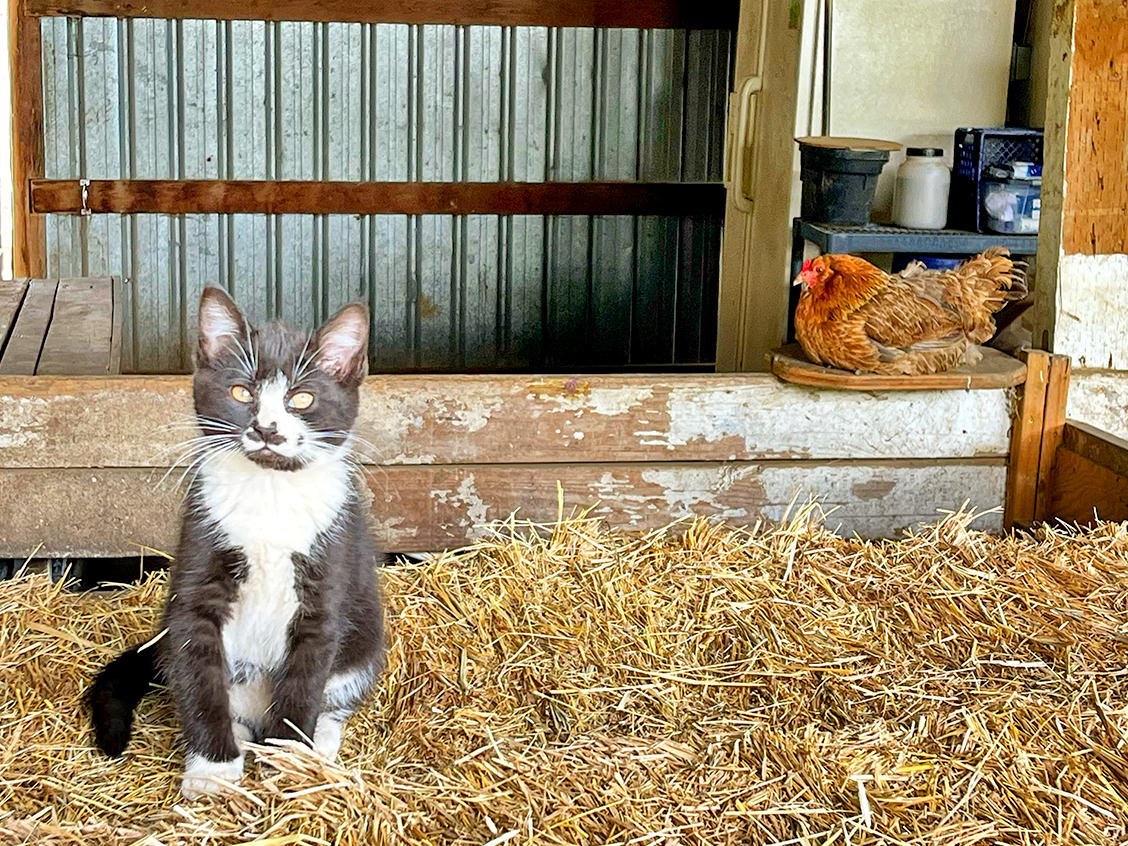
Just walk into a barn and you’ll experience a microcosm of the broader community we are all a part of. Chickens resting on feed benches while cats lounge on haybales following a successful mouse hunt. The rafters are alive with barn swallows hatching their babies while keeping the insect population under control for the pigs munching on alfalfa in nearby stalls. Suddenly a cooper hawk swoops in and steals away a baby swallow. The rhythm of life and the mutual dependency of species are on full display.
Ecology is the branch of science that explores the relationship of living things to their environment. I’m always fascinated by how words come to be. The etymology of this one is rich. The word was coined first in German by German zoologist Ernst Haeckel as Ökologie from the Greek Oikos which means house.
Think of that. It’s a brilliant way to distill down a complex science to its essence. This shared house we call earth is a community we are all a part of. Everything is interconnected and we all impact each other.
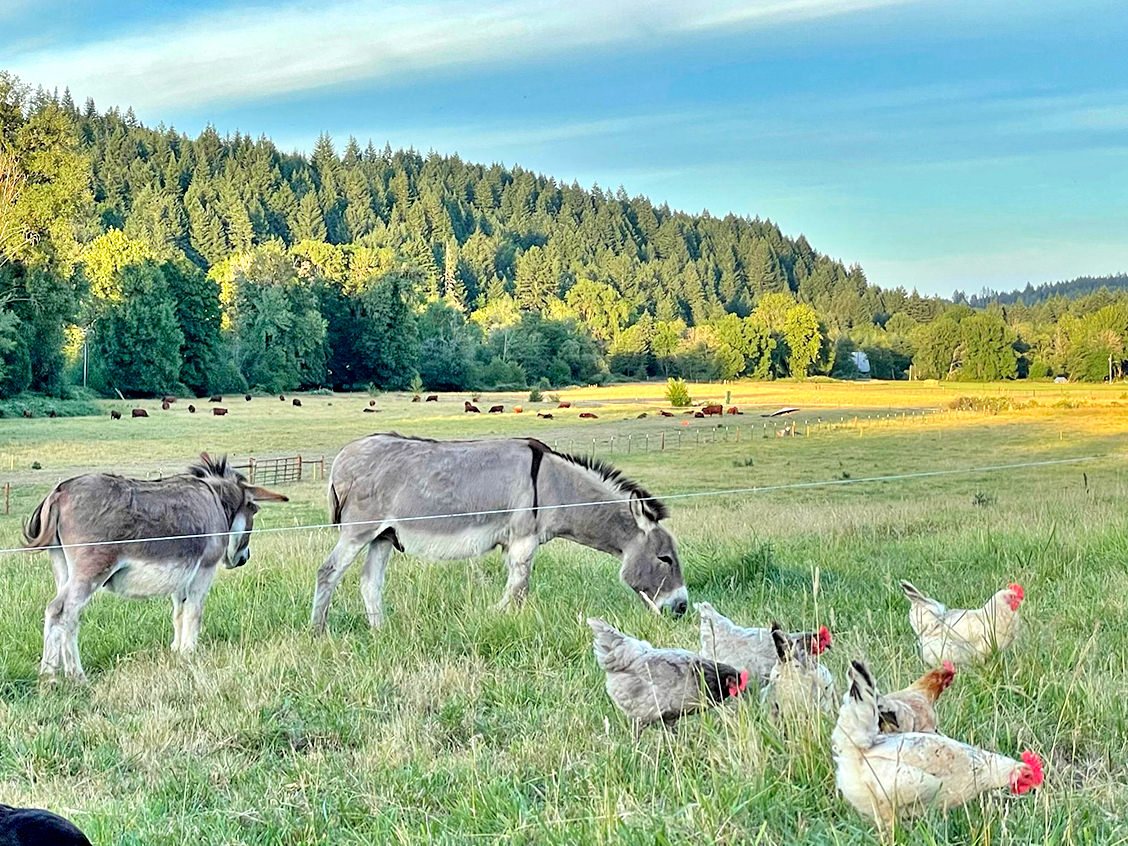
Case in point, this summer out of the blue we experienced a dramatic uptick in predators taking our chickens from the pasture. We solved this problem with help of our wonderful Sicilian donkeys. Their loud braying is the best alarm to ward off predators. With the donkeys sharing the pasture with the chickens and the cattle in adjacent pastures they are all benefiting from the protection of each other. The predators moved on.
We later learned there was some logging nearby that flushed out animals that were living in that forest. It’s a push/pull between nature and humans. Cause and effect. Their habitat disrupted, these creatures came to the farm in search of other food sources. It’s all so interrelated. You can’t push one thing and expect it not to have an effect elsewhere.
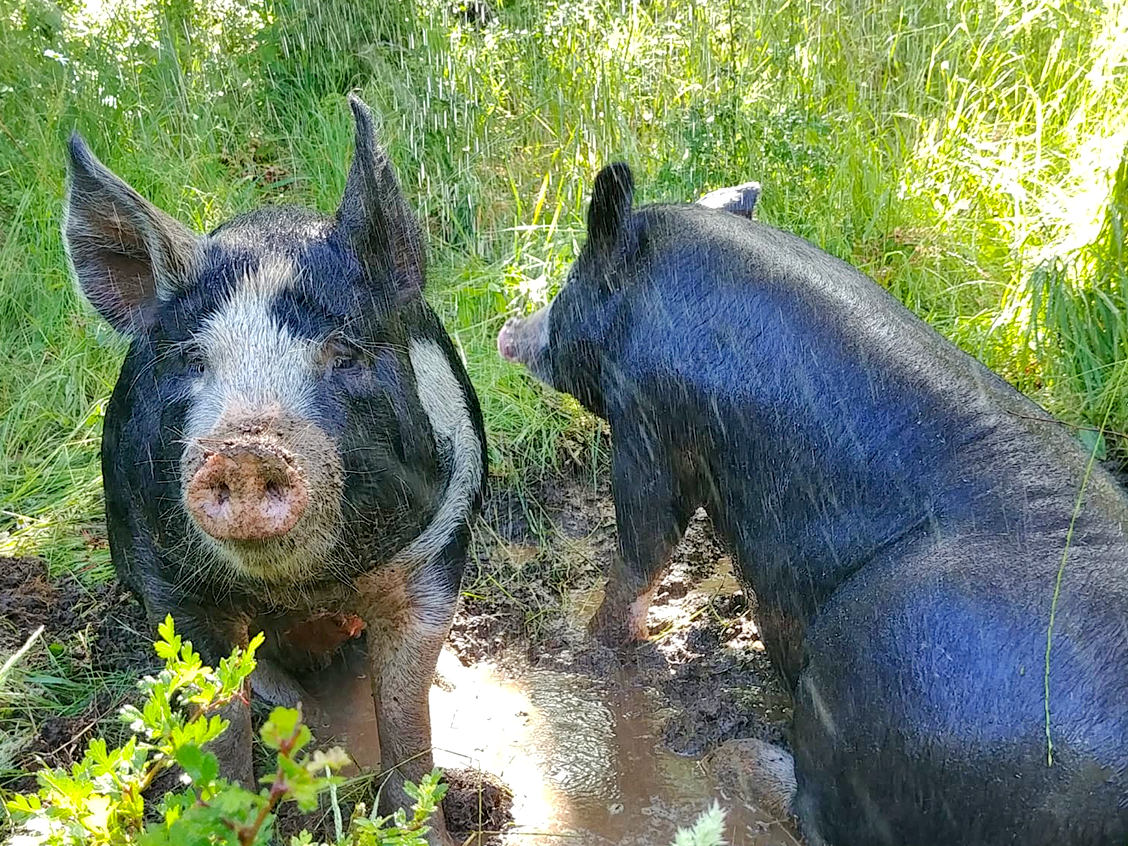
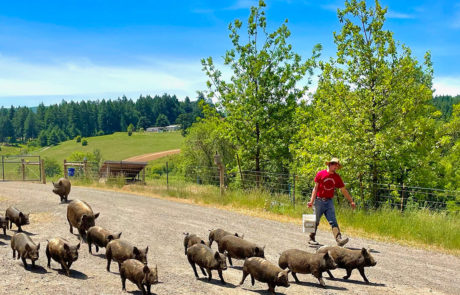
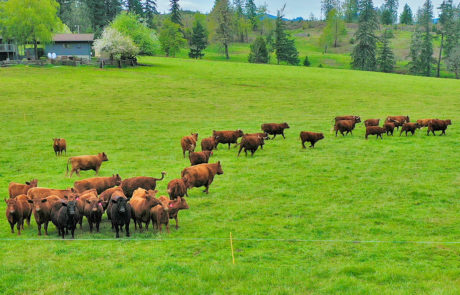
These effects can be both negative and positive. It’s the opportunity for positive impact that fuels regenerative agriculture and a big part of what I love about Tabula Rasa Farms. At its core, regenerative agriculture is ecology-driven agriculture. It’s about understanding nature and cultivating a healthy relationship between the land, the animals and people. When you let a pig or a cow or a chicken do what it does naturally, they will work together with a little help from the farmer to enrich the soil and grow lush pastures which not only sustain them but also sequester greenhouse gases.
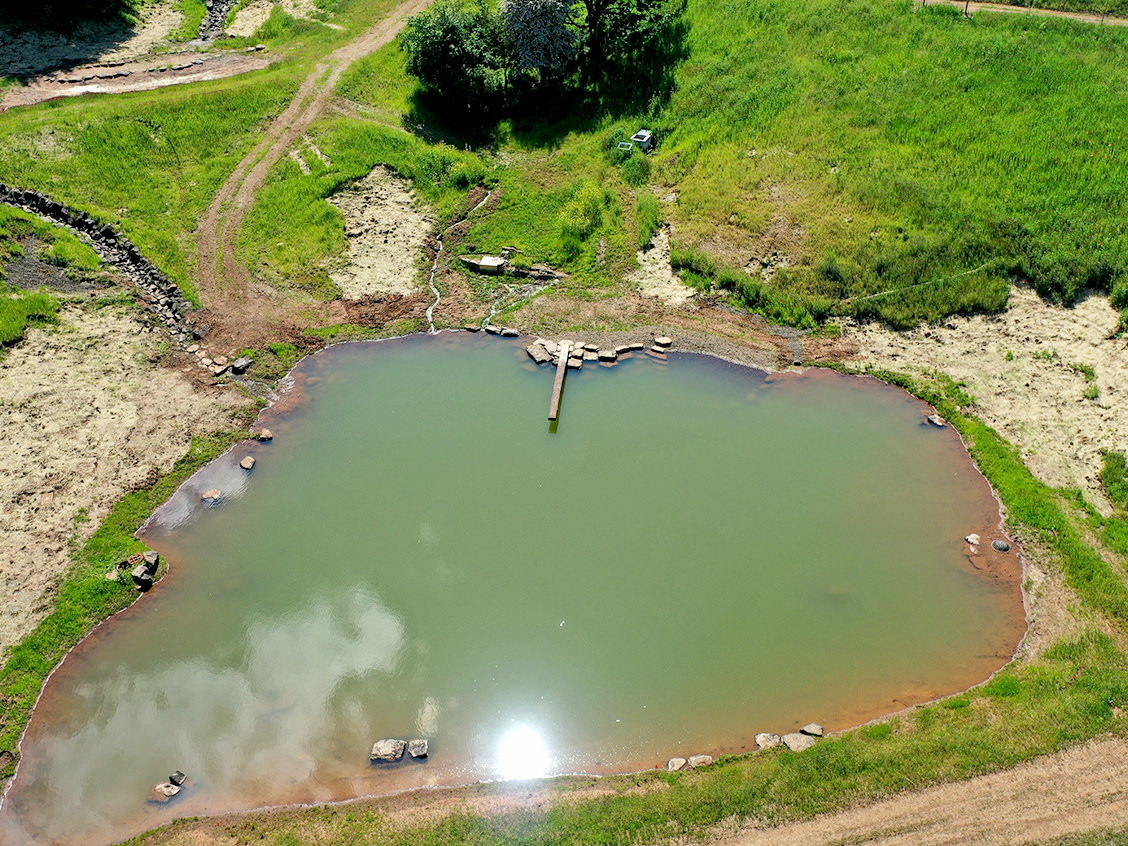
When you commit to permaculture and develop decentralized water retention systems, you not only restore depleted water tables, you create new ponds at the center of interconnected ecosystems that benefit livestock, wildlife, plant life and even people.
Once you understand just how interconnected everything is in the shared house we call earth, you understand your power to make a positive impact that strengthens our community.
If you would like to learn more about regenerative farming practices, you can schedule a farm tour here. We’d love to see you.

Our shared house
I love walking the farm. The fields, the barns, the forest areas, the ponds are all teeming with species co-existing – for the most part peacefully but also just a little wild.

Just walk into a barn and you’ll experience a microcosm of the broader community we are all a part of. Chickens resting on feed benches while cats lounge on haybales following a successful mouse hunt. The rafters are alive with barn swallows hatching their babies while keeping the insect population under control for the pigs munching on alfalfa in nearby stalls. Suddenly a cooper hawk swoops in and steals away a baby swallow. The rhythm of life and the mutual dependency of species are on full display.
Ecology is the branch of science that explores the relationship of living things to their environment. I’m always fascinated by how words come to be. The etymology of this one is rich. The word was coined first in German by German zoologist Ernst Haeckel as Ökologie from the Greek Oikos which means house.
Think of that. It’s a brilliant way to distill down a complex science to its essence. This shared house we call earth is a community we are all a part of. Everything is interconnected and we all impact each other.

Case in point, this summer out of the blue we experienced a dramatic uptick in predators taking our chickens from the pasture. We solved this problem with help of our wonderful Sicilian donkeys. Their loud braying is the best alarm to ward off predators. With the donkeys sharing the pasture with the chickens and the cattle in adjacent pastures they are all benefiting from the protection of each other. The predators moved on.
We later learned there was some logging nearby that flushed out animals that were living in that forest. It’s a push/pull between nature and humans. Cause and effect. Their habitat disrupted, these creatures came to the farm in search of other food sources. It’s all so interrelated. You can’t push one thing and expect it not to have an effect elsewhere.



These effects can be both negative and positive. It’s the opportunity for positive impact that fuels regenerative agriculture and a big part of what I love about Tabula Rasa Farms. At its core, regenerative agriculture is ecology-driven agriculture. It’s about understanding nature and cultivating a healthy relationship between the land, the animals and people. When you let a pig or a cow or a chicken do what it does naturally, they will work together with a little help from the farmer to enrich the soil and grow lush pastures which not only sustain them but also sequester greenhouse gases.

When you commit to permaculture and develop decentralized water retention systems, you not only restore depleted water tables, you create new ponds at the center of interconnected ecosystems that benefit livestock, wildlife, plant life and even people.
Once you understand just how interconnected everything is in the shared house we call earth, you understand your power to make a positive impact that strengthens our community.
